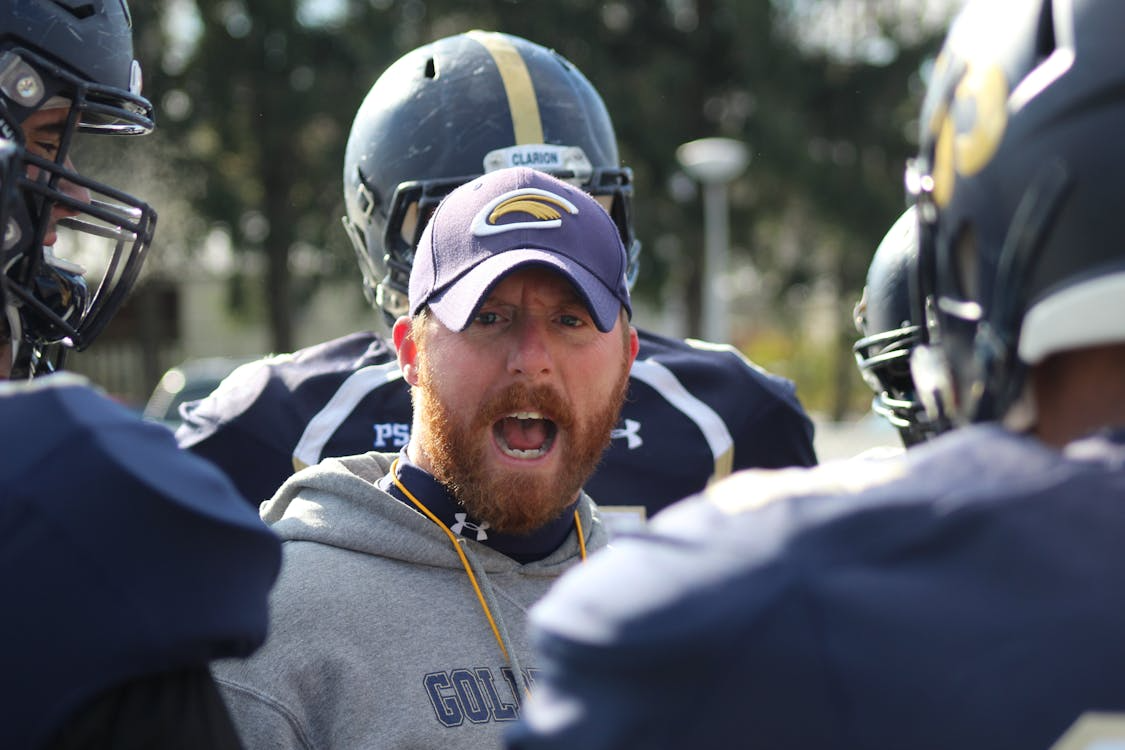For those passionate about working behind the scenes in athletics, whether with teams, leagues, agencies, or school-based programs, pursuing specialized study can open doors. Many people start in entry-level roles, but moving into administrative or promotional positions often requires more than just hands-on experience. The next step for many is exploring graduate-level opportunities that offer focused training in areas like event coordination, sponsorship development, policy, and compliance.
If you already hold a bachelor’s degree and want to move up in team operations, communications, or coordination roles, earning an advanced credential can help you stand out. Programs tailored to this field offer the background and tools needed to lead athletic programs, manage budgets, oversee media relations, and support player-focused services.
Here’s how you can excel in this field:
Understanding the Scope of Sports Marketing and Management Roles
Athletics is a massive industry that extends far beyond professional teams. There are roles within college and high school programs, private event companies, and branding firms. Opportunities exist in promotion, event logistics, sponsorships, compliance, scouting, and operations oversight.
Whether working in interscholastic programs, managing facility logistics, or helping promote events, this field demands more than just interest. You’ll need real knowledge of operations, budgets, communication, and planning. That’s why academic preparation, especially at the graduate level, can be valuable for taking on these multifaceted responsibilities.
Building Specialized Knowledge with the Right Graduate Program
For anyone aiming to secure leadership roles in sports-related organizations, sports-related programs can be a key step forward. One of the most flexible and practical options available today is the Master’s in Athletic Administration online program from Southeastern Oklahoma State University. This program is part of their broader sports administration offering and focuses on equipping students with both theoretical understanding and practical training.
Participants explore compliance, facility planning, organizational oversight, event operations, and budgeting within athletic departments. Taught by instructors with practical experience, this course of study offers direct insight into the realities of managing organized athletics. The online format supports flexible study, ideal for those balancing other responsibilities or seeking to remain in their current job while pursuing academic advancement.
Because the program is fully remote, students can collaborate virtually with peers and faculty, creating space for networking and real discussion without needing to attend in person. The coursework prepares graduates to understand regulations, structure athletic departments, and manage programming with confidence.
Core Concepts: Strategy, Planning, and Communication
To succeed in any administrative or management-oriented athletic role, you need more than enthusiasm. You must understand how to plan events, oversee communication strategies, manage budgets, and maintain compliance with governing bodies. These tasks are as vital to the field as coaching or training.
Academic programs centered around athletic administration typically include real-world assignments that mirror common challenges in the industry. These may involve preparing media plans, crafting event schedules, or analyzing policy issues. Understanding how to build strategic plans, communicate with stakeholders, and support team needs is what separates entry-level work from roles with broader oversight responsibilities.
Understanding Compliance, Regulation, and Ethics
Every athletic program, whether at the high school or college level, is governed by specific policies. These include eligibility rules, financial guidelines, student protections, and legal requirements. Programs at the graduate level introduce students to current issues in regulation, providing a firm foundation for ethical decision-making and administrative integrity.
This is particularly important for those working in academic institutions or youth-based programming, where clear standards must be upheld. Knowing how to navigate these expectations prepares future administrators to handle audits, review protocols, and support safe, fair practices. It also helps them build trust with parents, faculty, and partners.
The Role of Branding and Promotion in Athletic Programming
Managing a team or program isn’t only about scheduling or budgeting. It also involves building visibility. Creating interest through branding and promotional work is key to growing support, attracting donors, or selling tickets.
Many athletic administrators are involved in designing marketing campaigns, managing public relations, and overseeing social media outreach. Graduate-level training can help students understand how to evaluate audience behavior, develop outreach strategies, and create memorable campaigns. These skills are especially useful for those planning to work in college athletics or with youth organizations where funding and participation often depend on community engagement.
Moving into administrative or promotional roles in athletics requires more than familiarity with the game. It calls for specific training, practical experience, and the ability to manage complex systems. An advanced academic program, especially one with a flexible structure and targeted content, can help you build the tools needed to stand out.
Whether your interests lie in school-based athletics, professional organizations, or event promotion, this path offers the opportunity to influence programs from the inside. With the right preparation, you can shape the future of athletics by supporting teams, developing outreach strategies, and managing events that bring people together. If you’re ready to move forward, exploring your educational options is a smart place to start.

